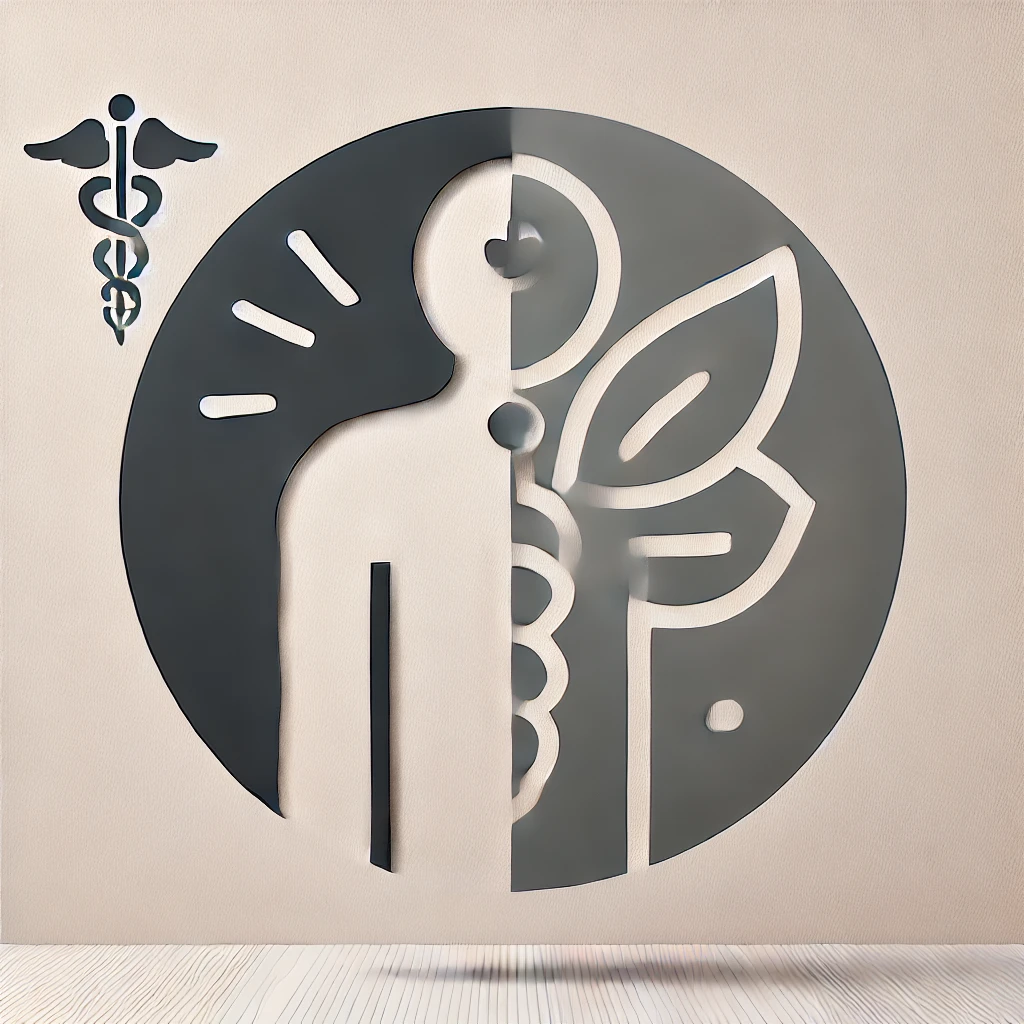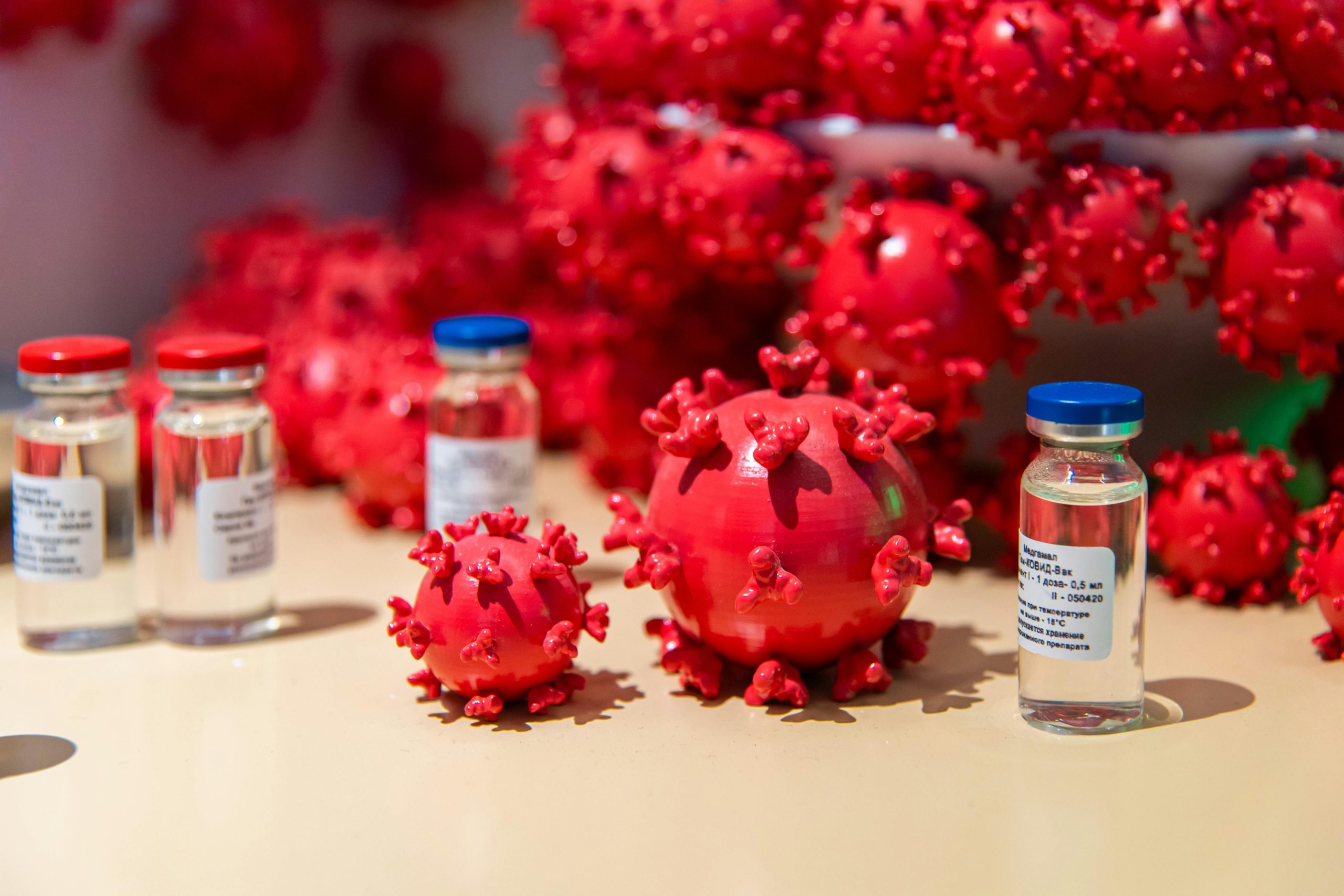Introduction
In the modern era, the fast-paced rhythm of life presents unprecedented challenges to the human body, requiring adaptations that encompass both physical and mental health. From work pressures and the impact of technology to environmental issues, the body needs to adapt to new conditions that directly affect physical and mental health. This article explores how these challenges shape our well-being and the biological and behavioral responses we develop to tackle them. Understanding these dynamics is essential to navigate the complexities of contemporary life.

Major Modern Challenges to Human Health
1. Stress and Mental Overload
Stress is undoubtedly one of the greatest challenges of modern life. With busy schedules, demanding goals, and social pressures, the human body often enters a constant state of alert.

Examples of modern life stressors:
- Information overload: Constant exposure to news and digital content.
- Remote work: Blurring the lines between professional and personal life.
- FOMO (fear of missing out): Pressure to keep up with social media trends.
When exposed to chronic stress, the body activates the HPA axis (hypothalamus-pituitary-adrenal), releasing hormones like cortisol. Over time, this can lead to conditions such as insomnia, hypertension, and reduced immunity.
2. Sedentary Lifestyle and Poor Eating Habits
Modernity has brought convenience but also a more sedentary lifestyle. Additionally, the consumption of ultra-processed foods has increased dramatically.
Impacts on the body:
- Sedentary behavior: Affects blood circulation, reduces muscle mass, and can lead to obesity.
- Unbalanced diet: Contributes to diseases such as type 2 diabetes, high cholesterol, and nutritional deficiencies.
Practical solutions:
- Daily exercise: Walking for 30 minutes a day can significantly improve cardiovascular health.
- Meal planning: Prioritize natural foods and reduce the consumption of processed ones.
3. Technology’s Impact on Mental Health
While technology offers numerous advantages, excessive use can harm mental health.
Common issues:
- Nomophobia: Anxiety caused by dependence on mobile devices.
- Social media: Leads to negative comparisons and low self-esteem.
- Digital fatigue: Caused by prolonged screen use.
How the Body Responds
1. Natural Defense Mechanisms
The human body is incredibly resilient and uses various mechanisms to deal with adverse situations:

- Immune system: Acts as a line of defense against pathogens but can be impaired by stress and poor habits.
- Hormonal adaptation: The body adjusts the production of hormones like adrenaline and serotonin to face challenges.
2. Physical and Mental Impact
Chronic stress and poor habits directly affect the nervous, cardiovascular, and digestive systems. Additionally, conditions such as anxiety and depression are common responses to prolonged pressures.
Overcoming Modern Challenges
1. Mindfulness and Relaxation Practices
Mindfulness practices, supported by studies, help reduce stress, improve focus, and promote overall well-being.

Recommended techniques:
- Guided meditation: Available on apps like Headspace and Calm.
- Deep breathing: Reduces heart rate and calms the nervous system.
2. Regular Physical Activity
Movement improves cardiovascular health and releases endorphins, alleviating stress.
Types of exercises:
- Aerobic: Running, cycling.
- Anaerobic: Weight training, HIIT (high-intensity interval training).
3. Technological Adaptation
Balancing technology use is essential.
Practical tips:
- Set time limits for social media.
- Adopt “digital detox” periods.
Conclusion
Modern challenges are complex and multifaceted, but with proper practices, the human body has a remarkable capacity for adaptation and resilience. By adopting healthy habits, relaxation practices, and using technology in moderation, it is possible to mitigate negative impacts and live a balanced life. Investing in self-care today is the key to facing the future with resilience.
